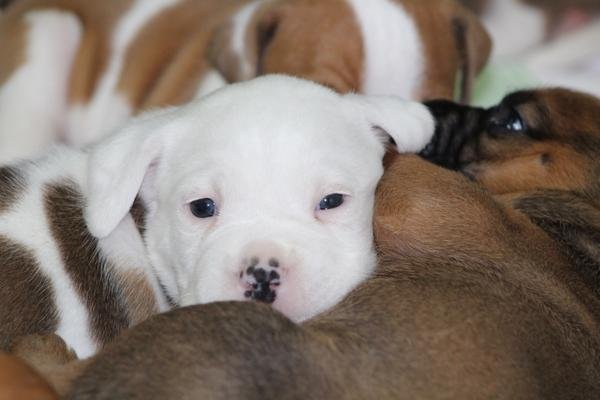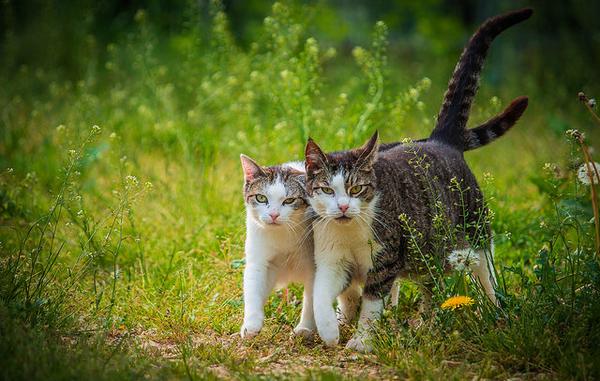
Law.com - implied consent
(noun)
Consent when surrounding circumstances exist which would lead a reasonable person to believe that this consent had been given, although no direct, express or explicit words of agreement had been uttered. Examples: a) a "contract" based on the fact that one person has been doing a particular thing and the other person expects him/her to continue; b) the defense in a "date rape" case in which there is a claim of assumed consent due to absence of protest or a belief that "no" really meant "yes," "maybe" or "later."

"Affirmative consent is a knowing, voluntary, and mutual decision among all participants to engage in sexual activity. Consent can be given by words or actions, as long as those words or actions create clear permission regarding willingness to engage in the sexual activity. Silence or lack of resistance, in and of itself, does not demonstrate consent. The definition of consent does not vary based upon a participant's sex, sexual orientation, gender identity, or gender expression."
In nonsexual cuddle spaces implied consent can be very useful for avoiding socially awkward mishaps. In order to help people to communicate their preferences more effectively systems of non-verbal communication and pre-established conventions have been developed which can help.
The "Dog, Cat, Bird" system was developed by David Pullman for their House of Young Cuddle Club after leaving Eugene Oregon for the San Francisco Bay Area in 2004 to help his new friends establish healthy boundaries around NON-SEXUAL CONTACT at cuddle parties.
The system is similar to the older idea of a “stop light party.”
There are variations of course, but the general idea is that visible colored signifies are worn to indicate preferences. Green means something like “go” or “approachable”, yellow means “not looking, but possibly available” or “very particular”, and red means “not available”.
The Cat, Dog, Bird system was further popularized by Ruby Rodgers’ organization Sustainable Hedonism for use in their 2nd Base Makeout Parties (read: nonsexual). It is more nuanced than the Stop Light system because it encompasses the original messaging of yes, no, and slow but more importantly communicates preference towards the three main personal contact styles which are expressed in cuddle and makeout parties rather than being an indicator of availability. My current relationship availability status is not at all related to whether I want to answer questions about whether or not I want a massage while I'm at a party. Most of the time I want all the massage I can get.

There are "dogs" who love attention and are generally open to respectful contact without the need to ask for explicit consent. Back scratching may lead to a (hopefully) polite refusal, but more likely to panting and tale wagging. A "cat" on the other hand will likely give the claws if touched without clear communication of intent every time contact is made. "Birds" do not want to be approached - ever. One can put out a feeder and learn bird calls - but a bird WILL NEVER APPRECIATE ANY ADVANCES and will approach others only when they are ready.
What is considered respectful contact is somewhat ambiguous. It is my experience that non-preferred contact between dogs is dealt with so long as both dogs are "playing nicely." Consider how dogs use humping as a form of dominance. Domineering behavior is not consented to in the Dog, Cat, Bird system (although it may have a color at a Stop Light Party). Be very wary of actions which could lead to a skirmish. Dogs that don't play well with others get banned from the park!
Of course, temperaments are malleable and not fixed for all time, and participants are free to change their status at any time.
I am generally pretty dogish if I am out in public, but this is dependent upon my mood and my surroundings. Sometimes I don't want to go out because I need more social, emotional, and physical space than usual. If I were able to non-verbally signify that I were in a catty mood it would require less energy on my part in order to be social.
While there may be no cure for the FOMO (fear of missing out) of the anxious extrovert, this system, and other forms of non-verbally communicating levels of implied consent may help with the anxious introverts FOGO (fear of going out).
My hope is that by creating safe spaces with more communication we may empower people to be more clear around their boundaries and in turn help educate those still confused about the importance of consent.
